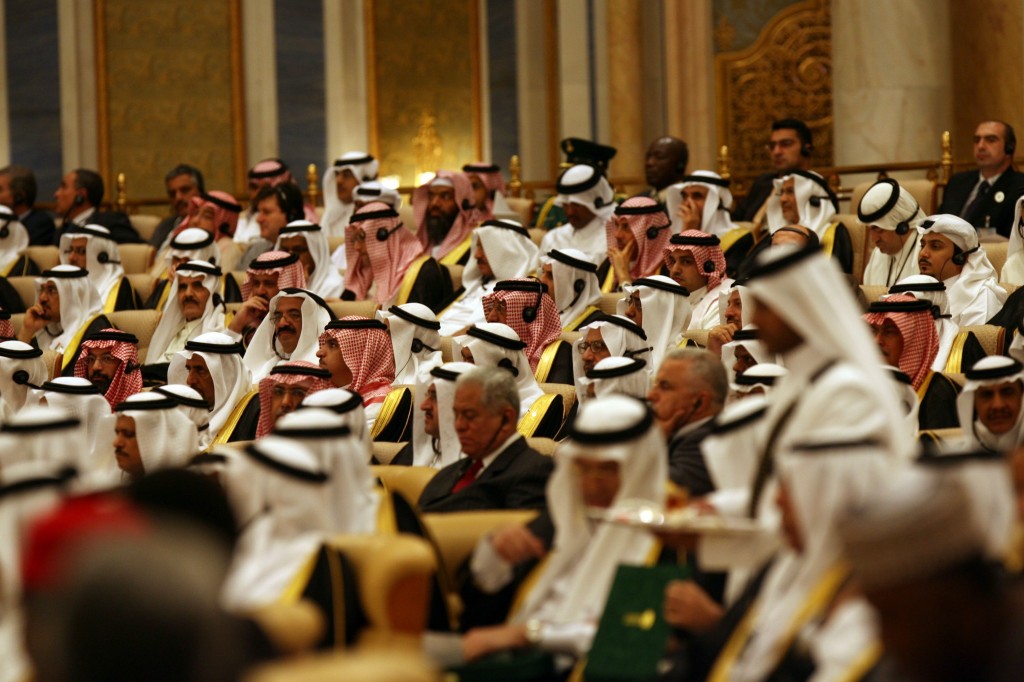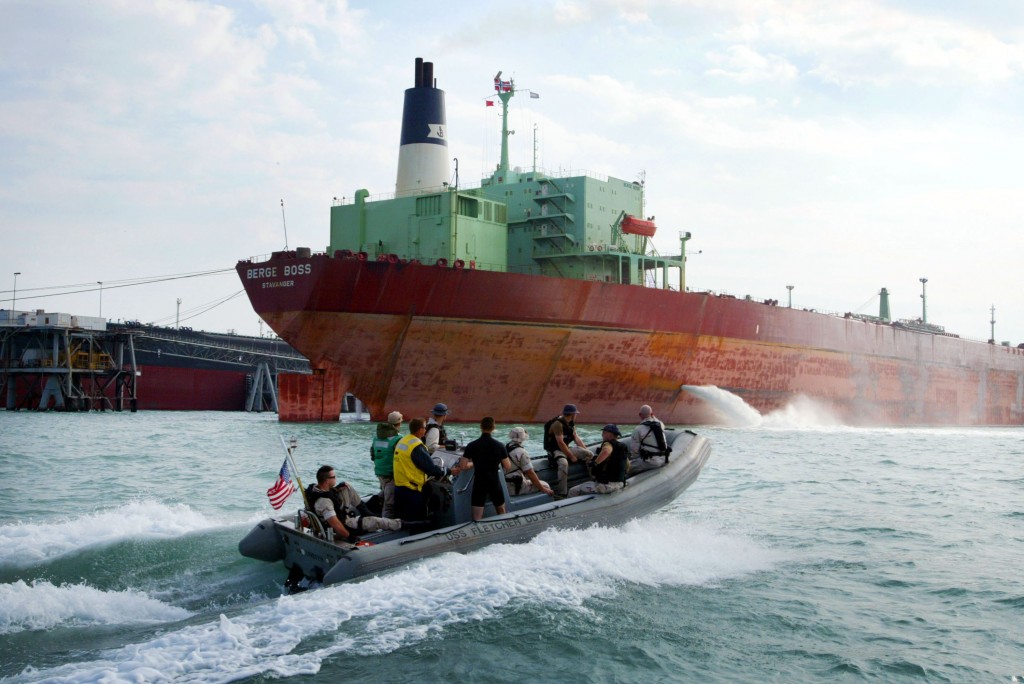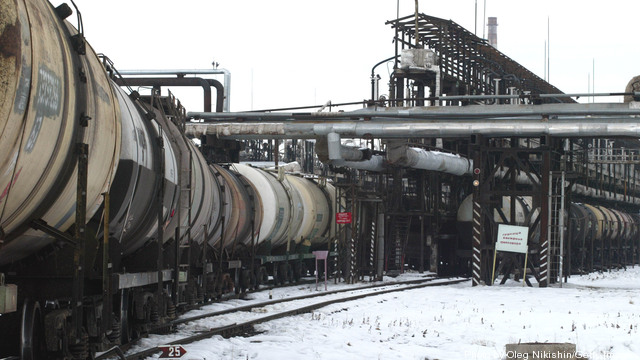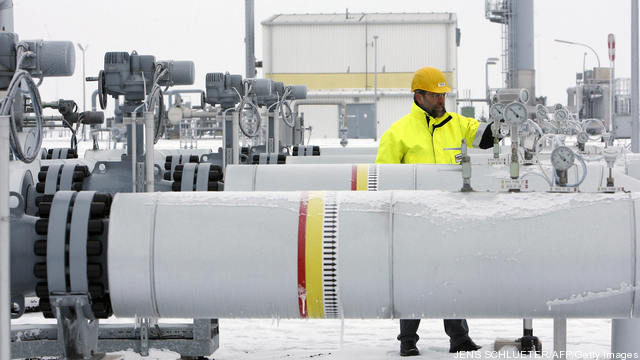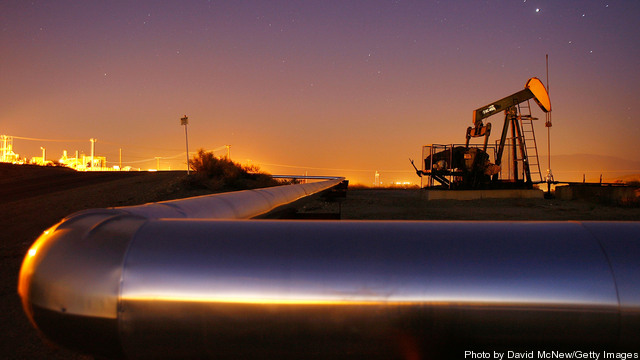Opec countries’ oil export revenues – excluding Iran – reached $982 billion last year, up by 5% over the previous year, according to Energy Information Administration estimates. This marks a record for EIA estimates covering the 1975-2012 time period, with Saudi Arabia accounting for 32% of the total. But revenues are projected to fall this year and… Keep reading →
Iran
Sign up and get Breaking Energy news in your inbox.
We will never sell or share your information without your consent. See our privacy policy.Once again, the US Navy is moving more warships to the Persian Gulf. This time, though, we’re not sending an extra aircraft carrier or another task force. This is arguably a de-escalation of possible tensions with Iran. In a nutshell, the Navy is replacing big ships with small ones. The three new ships – Tempest,… Keep reading →
The fatal Quebec oil train disaster looks likely to touch off yet another debate affecting the future of the Keystone XL pipeline – whether pipelines or rail are a safer way to transport oil. “People think rail is costless until something like this happens.” [Bloomberg] France’s Total and its Chief Executive Christophe de Margerie were… Keep reading →
Recent energy news points to the potential for some big changes for major energy producers, and for global energy markets. After an arbitration court ruled that Gazprom was overcharging a German utility for gas, and mandated the addition of market price links to its pricing formula, members of the Gas Exporting Countries Forum might find… Keep reading →
Energy News Roundup: Saudi Oil Output Hits Record, ExxonMobil Goes for More Gas in Papua New Guinea, Shell Goes for Less Gas Offshore East Africa
By Conway IrwinSaudi oil output hit a record 9.51 million barrels per day in 2012, when the country lifted output to offset the impact of supply disruptions in Libya and a 1 July EU embargo on Iranian crude shipments. Saudi Arabia exported about 6.9 million bbls/d of oil last year, of which more than 50% went to… Keep reading →
Energy News Roundup: Iran Moving Beyond Oil, US Oil Pipelines and Off Road Vehicle Parts from China Run Afoul of EPA
By Jared Anderson
Here are some interesting energy-related tid bits making the rounds this week.
Iran Moving Beyond Oil Keep reading →

Refining has long been a low-margin business, not for the faint of heart. The difference between what refiners pay for input and what they get for output, known as the crack spread, is traded on major oil markets. It sometimes goes negative, meaning refiners lose money on every barrel.
In the 1970s, with widespread worries over fuel supplies, US refiners overbuilt capacity. Since the 1980s, refiners have sold, merged, and shut down excess capacity, and upgraded capabilities, resulting in fewer refiners but more capacity actually utilized and better economics overall. Keep reading →

Rapidly expanding production of oil and natural gas from shales in the US, Canada and Mexico have the potential to allow the continent to declare virtual “energy independence” and thereby alter the global politics of energy, CME Group Managing Director and Chief Economist Blu Putnam told Breaking Energy in this video interview.
This interview is the final in a series of four, for the earlier videos on the economic outlook, handling big data and the outlook for energy infrastructure, click here. Keep reading →

The latest round of talks over Iran’s nuclear program are set to begin Monday in Moscow, but analysts are not expecting a breakthrough that would avoid sanctions in coming weeks.
